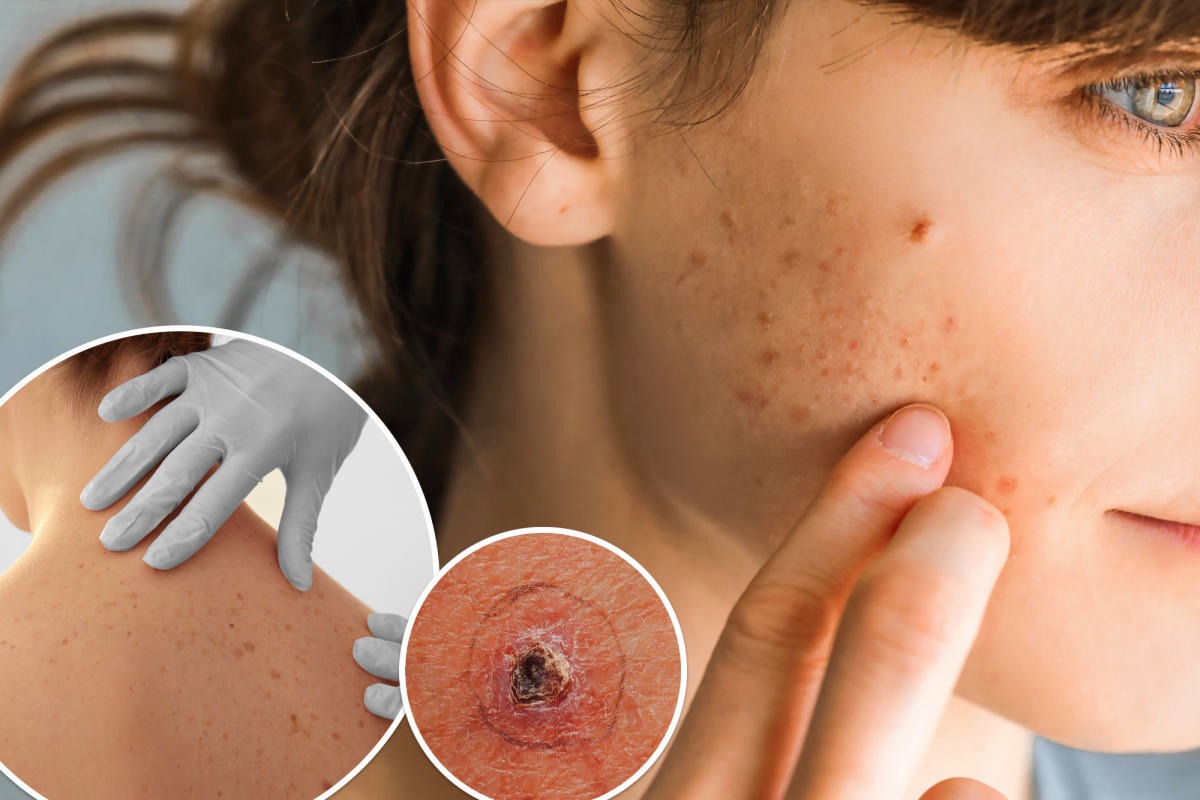
Pimples are a common problem, which troubles many people these days. These days many skin related problems are making people their victims. Due to changing lifestyle, deteriorating diet and increasing pollution, many skin problems have become common nowadays. Pimples are one of these problems, which usually do not cause any harm and are often caused by hormonal changes. These usually get cured with time, but this did not happen with a woman from Australia.
Here, Rachel Olivia, who considered pimples to be common, her life turned upside down when she found out that the pimple she thought was common was actually a sign of skin cancer. According to the New York Post, 32-year-old Rachel Olivia had a small red pimple on her forehead, which she ignored thinking it was a pimple.
However, when it did not heal for a long time and the pimple area started peeling continuously, he sought the help of a doctor. After this, he was shocked to hear what he found out. The biopsy revealed that he had skin cancer. In such a situation, we tried to know from Dr. Raman Narang, Senior Consultant of Medical Oncologist at Andromeda Hospital, Sonipat, whether pimples can be a sign of skin cancer . Let's know what the doctor says
The connection between skin cancer and pimples
Doctors say that usually, pimples or acne are caused by hormonal changes or breakouts caused by blocked pores. However, these pimples can sometimes lead to a more serious disease such as skin cancer. Some forms of skin cancer, for example, basal cell carcinoma or melanoma, may first appear as small formations such as pimples.
Pay attention to these symptoms too
The doctor further explained that there is some difference between regular pimples and pimples caused by skin cancer. If your pimple is not healing for a long time, there is constant bleeding or crusting and the pimple has become hard, shiny or irregular, then do not take it lightly at all. Melanomas can appear as black spots or they may develop irregular borders and color. Therefore, it is important that a person keeps an eye on moles in the skin. If any persistent or unusual change does not react to your acne treatment, contact an expert immediately.
--Advertisement--

 Share
Share



